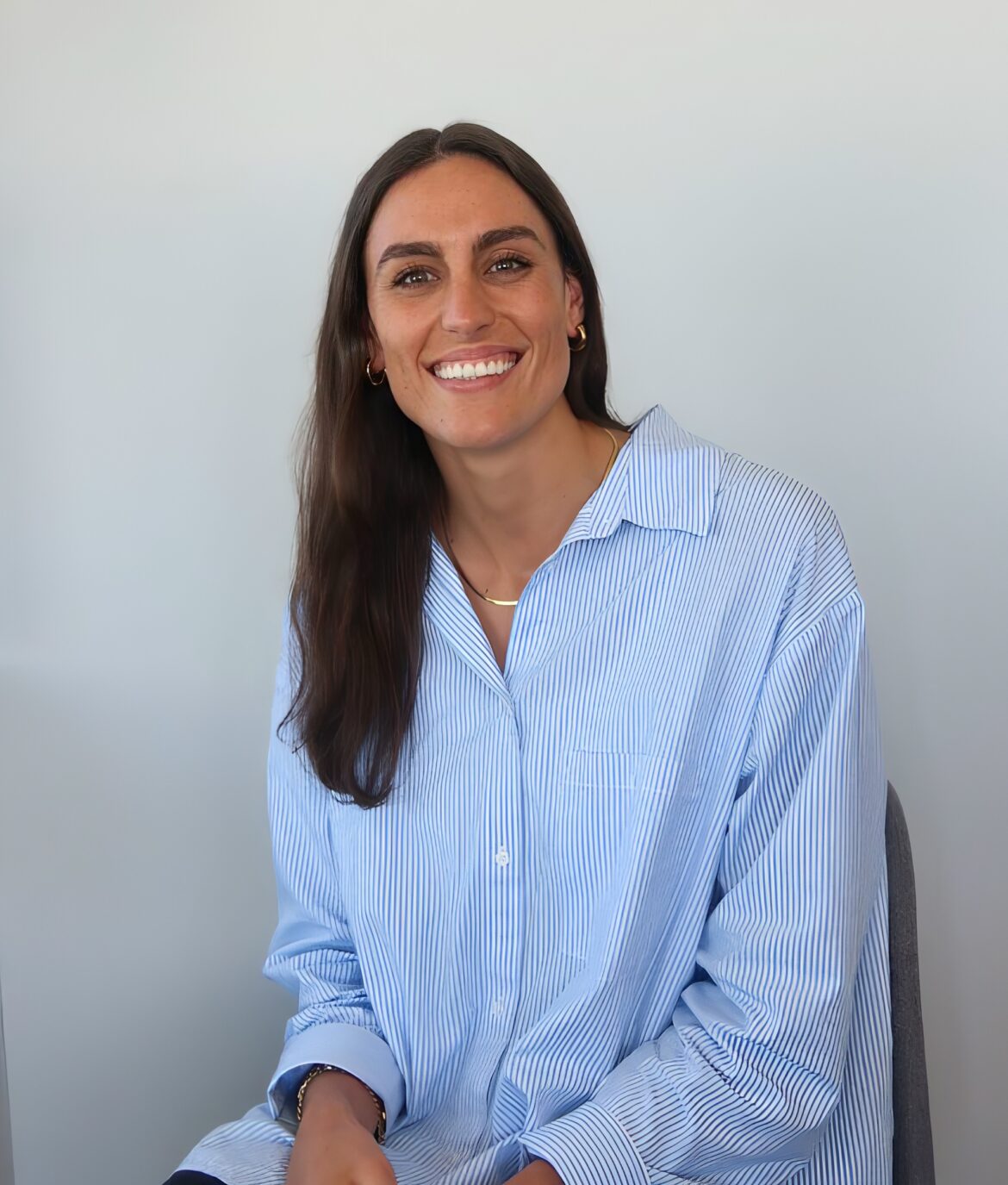Amber Penney is redefining African fashion through FARO Africa’s circular model that fuses sustainability with accessibility.
Each year, fashion brands around the world produce millions of garments that never reach consumers. Much of this excess stock is either discarded or destroyed, contributing to textile waste and carbon emissions.
Amber Penney, co-founder and Chief Operating Officer of FARO Africa, is working to tackle one of the industry’s persistent issues, the disposal of unsold clothing stock by global brands, through technology-driven resale and revamping. She is part of a growing movement of African entrepreneurs redefining how fashion can balance style, accessibility, and environmental responsibility.
Before entering the fashion and retail sector, Penney was active in sport, representing South Africa in water polo at youth and international levels. Her background in competitive sport, marked by teamwork and discipline, shaped many of the leadership qualities she brought into business.
The co-founder earned a Bachelor of Business Science in Organisational Psychology from the University of Cape Town. She later held operational and strategic roles in the skincare and education sectors. These experiences, she says, stimulated her interest in business systems and customer engagement.
Founding FARO Africa
FARO Africa was established in 2023, following the identification of a growing opportunity in the recommerce market.
*Recommerce (short for “reverse commerce”) refers to the business and process of buying and selling pre-owned or used goods through online platforms or traditional retail channels. It is a sustainable business model focused on extending the lifecycle of products, reducing waste, and promoting the principles of a circular economy.
FARO Africa aims to intercept overstock products by sourcing surplus or slightly flawed items from international brands, revamping them to a high standard, and reselling them at discounted prices through its stores in Africa. The company combines artificial intelligence for inventory and demand forecasting with physical retail outlets, a model it claims improves both efficiency and accessibility.
According to the company data, it officially launched operations in 2024 following a pilot in 2023, and has since opened multiple retail locations across South Africa. In its first year of operation, FARO Africa reportedly generated $2.3 million in revenue, supported by a seed funding round of $6 million announced in early 2025. The company states it maintains a fixed 45 per cent margin after costs, a structure that enables it to balance profitability with affordability.
Amber Penney grew up believing that sustainability and affordability can coexist in the African fashion industry. She recognised the gap between fast fashion’s waste and the growing appetite for quality clothing in emerging markets.
Over the years, she has positioned the company as a circular-economy business, aiming to extend the life cycle of garments while making premium fashion more accessible. FARO reports that for every kilogram of sustainable clothing it sells, it offsets an equivalent amount of textile waste through recycling initiatives.
Beyond its commercial operations, FARO’s work reflects a wider shift in African entrepreneurship towards sustainability and inclusivity. As the company continues to expand, observers will be watching how it navigates the balance between social impact, commercial success, and the realities of Africa’s diverse fashion appetite.



